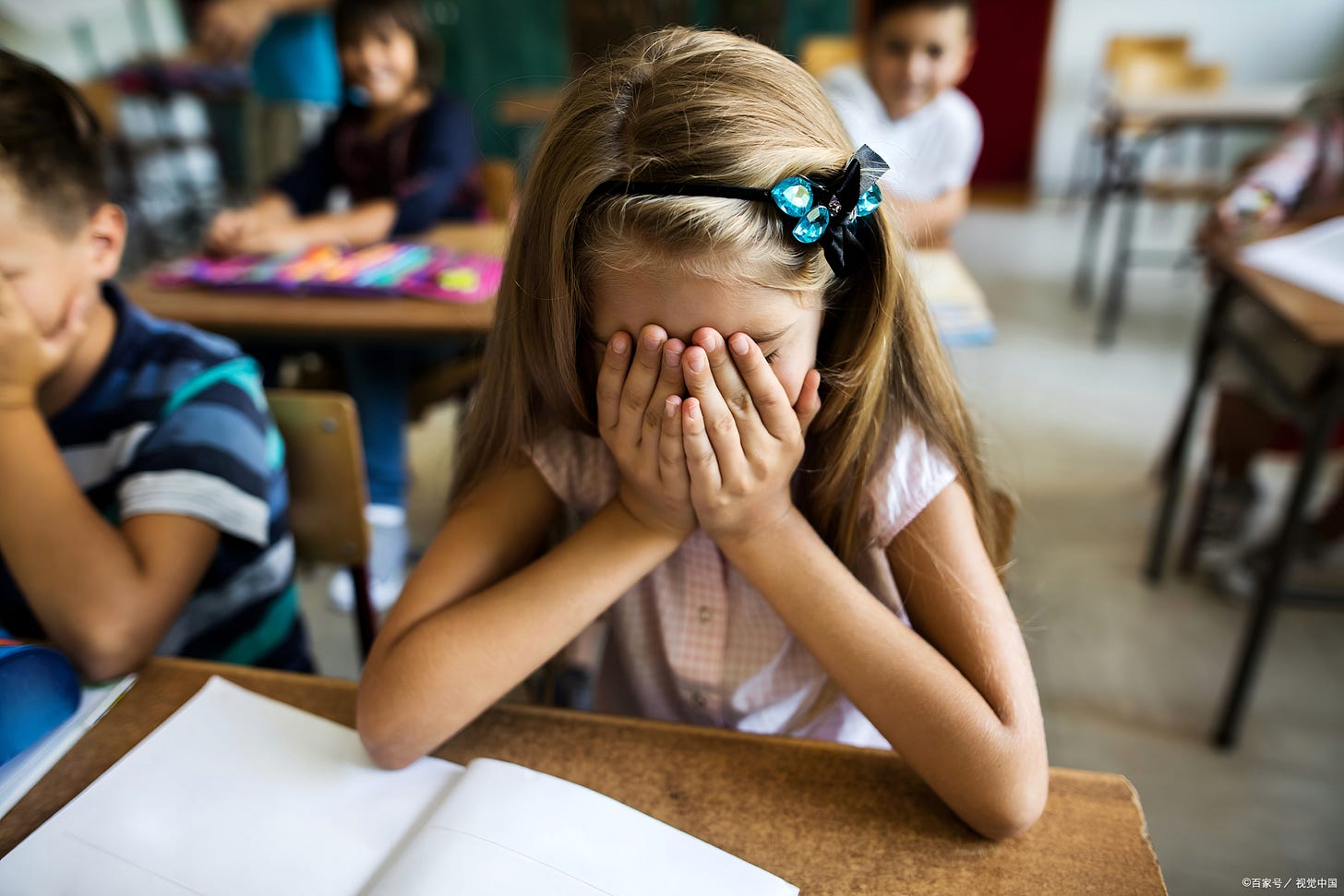7 Hidden Wounds Toxic Family Relationships Inflict on Children’s Mental Health
Love Becomes Fear, Not Safety
You think your child is too young to understand.
But a child’s heart is far more sensitive than you imagine.
Every argument, slammed door, icy silence, and angry outburst at home
cuts into their soul—
one slice at a time.
These wounds don’t bleed.
But they are deadly.
And worse, they can stay with them for life.
👇 Here are 7 hidden wounds almost no child can escape:
1. Love Becomes Fear, Not Safety
Home should be a place of security.
But in toxic households, children learn:
“Love = pain.”
“Closeness = danger.”
As adults, they crave connection but fear destruction.
Every relationship feels like walking through a minefield.
2. Chronic Anxiety, Never Truly Relaxing
Just because a child says nothing doesn’t mean they’re okay.
Their body has already learned to stay tense,
always bracing for the next explosion.
Even as adults, they struggle to relax—
even in peaceful, safe environments,
their minds remain on high alert.
3. Low Self-Worth: "I’m Not Good Enough to Be Loved"
A careless insult.
A moment of cold indifference.
Children remember it all.
They grow up believing,
“It must be my fault. I’m not good enough.”
This deep-rooted self-blame clings to them,
often resisting even years of effort to heal.
4. Emotional Volatility or Total Numbness
Without healthy emotional role models,
children learn to either explode at the slightest trigger,
or shut down completely,
building walls no one can penetrate.
Emotional chaos destroys relationships
and traps them in a vicious cycle of pain.
5. Loss of Trust in the World
Home is a child’s first window into the world.
If that window shows betrayal, chaos, and harm,
they'll grow up believing:
"The world is dangerous."
"People can't be trusted."
"There’s nowhere safe for me."
6. Turning Pain Outward—or Inward
Some children externalize their pain,
lashing out at others to protect themselves.
Others swallow it,
quietly destroying themselves from the inside.
Rebellion, self-harm, addiction, depression, emotional breakdowns—
the seeds are often sown long before adulthood.
7. Fear of Intimacy, Lifelong Loneliness
The most heartbreaking of all:
some children choose to feel nothing.
They don't dare to love,
don’t dare to trust,
don't dare to let anyone get close.
They pretend they don't care,
but behind every forced smile
lies a deep, aching loneliness.
Final Thoughts
A child's heart is far more fragile than most adults realize.
You may think a fight ends once you cool down.
But for a child,
the memory of that moment
can last a lifetime.
The quality of the family environment
becomes the foundation of a child’s future happiness.
True love for a child
isn’t about giving them more toys—
it’s about giving them a home
filled with love, respect, and emotional warmth.
🔔
Don't let your own emotions
become the heaviest burden
your child carries for the rest of their life.
Good family relationships require communication and exchange. Learn mental health methods. Click for more mental health books



